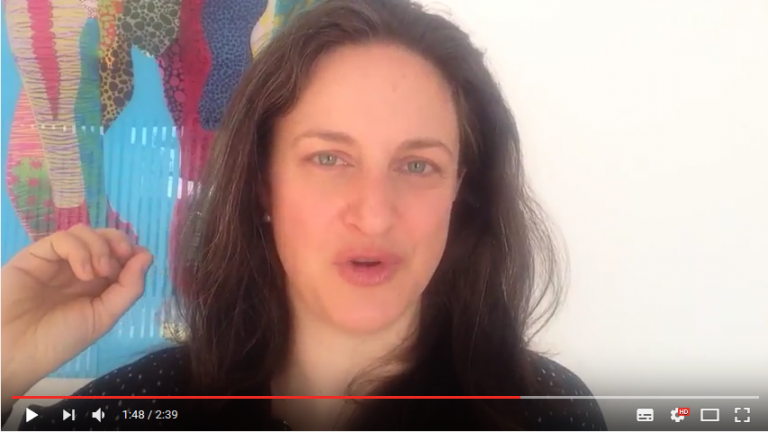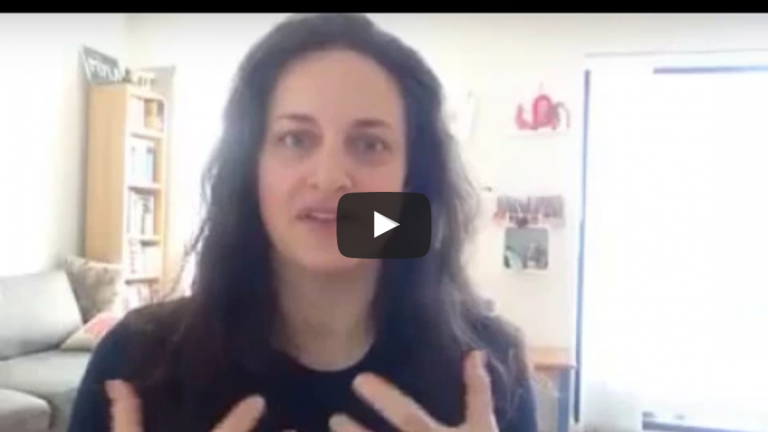The question, and it’s a big one as it has a huge impact on our health and that of the planet, should actually be ‘why not?’. Here are 10 reasons to go organic:
- On a very basic level, organic food tastes better! Bite into an organic apple and a non-organic apple. The ‘proof is in the
applepudding’ as they say. - Organic produce contains almost 50% more nutrients such as vitamin C, antioxidants, calcium, iron, magnesium, chromium and with the mineral depletion of our soils due to mass commercial farming, this makes a big difference with regards to our essential nutrient intake. Non-organic produce are full of water rather than nutrients.
- Eating organic meat means that you won’t ingest all the synthetic growth hormones, antibiotics and other drugs that commercially farmed animals are fed, as well as the pesticides they ingest from their food – these animals are what they eat and you in turn are what you eat…Animal welfare is also a huge issue when choosing organic meat as animals reared on local, organic farms are given a much more humane life. Do you want to eat an animal that has lived in fear, stress (I have enough stress hormones of my own to deal with, thank you very much) and pain all it’s miserable life? We take on the energy of what we eat. I’m assuming we all want to feel full of energy and life.
- Non-organic produce affects the health of babies in their mother’s womb. Pesticides and other chemicals have been shown to lead to birth defects and other health issues. It has been shown that pesticides affect a child’s IQ while in the womb, and therefore for life. We are responsible for the health of the next and future generations: a female foetus’s eggs are formed by the 6th gestational month. So, not only will her health, but also that of her offspring be affected by our choices. We are responsible for passing on the best possible health.
- Organic produce does not contain neurotoxins which damage brain and nerve cells. These are found in pesticides such as organophosphates which were used as a toxic nerve agent in WWII…then used to kill pests on our crops. ‘Safety levels’ for one or another chemical has been tested and given an acceptable limit (absurd in itself surely – acceptable toxins?). However, it is impossible to test them in combination. The cocktail of chemicals that you eat, put on your skin, are exposed to through pollution etc is a mix that has not been
tastedtested yet (mmm, yum). Organic food is subject to strict regulations and is certified so you know they are of good source. - Choose organic and you won’t be eating genetically modified (GMO) foods. GMO seeds contain their own pesticides which means that when you reap what has been sown, guess what – you’ll have little germinations in your intestines that are creating their own pesticides. I’ll pass on the experimentation, thank you, I don’t think any of us need to find out what happens here?
- Buying organic food helps to reduce pesticides and other chemicals in our drinking water (a disaster for our health and that of future generations as it affects our fertility). Organic = no dangerous chemicals = less contamination in our water. Yes please.
- Organic farming is sustainable for the environment, for our planet. Mass commercial farming is destroying our beautiful planet, our soils and wildlife with pesticides, herbicides, chemical fertilisers. Organic farming methods maintain bio-diversity by not kill anything and everything within a wide radius. We need the little critters that crawl over the earth. They too have a role to play.
- Talking about health and sustainability, what about the farm workers who suffer from constant exposure to these chemicals? Supporting local, organic farms ensures the creation of safe farming jobs. “It’s their choice” is not a valid argument – someone has to grow the foods that you munch down on. We are all part of the wheel and our individual decisions do affect the direction development goes in.
- Our bodies are amazing tools. No matter what we put in them, they do their absolute best to adapt and cope for us. However, there is a limit to how long they can cover up for our bad choices. Pesticides and other chemicals used in non-organic farming contribute to illnesses such as cancer, Alzheimers, fertility issues, immune and hormonal dysfunctions, respiratory tract infections, neurological disturbances etc. Not only is non-organic produce severely lacking in essential nutrients, what it does give us are harmful anti-nutrients.
If you’re interested in this topic, these documentaries are worth seeing: Food Inc, Home, Food Matters. There are a lot of documentaries out now regarding the effect of mass farming on the planet, the treatment of animals etc providing food for thought if you want to look further into this.
To read about mass, commercial animal farming, Eating Animals by Jonathan Safran Foer is the book for you. Be warned, it’s hard-core – Dom read it but I won’t because I couldn’t stand how graphic it is. Think eating organic is too expensive? Check out my Project:Food Budget posts (we only buy organic – fresh and dried foods) and join in on the challenge, you might surprise yourself at how much you save by buying fresh foods rather than boxes and tins with a whole load of additives and money spent on packaging.
If you’re still not persuaded regarding costs, here’s a useful list to help you decide where to start with buying organic: Dirty Dozen and Clean 15.










